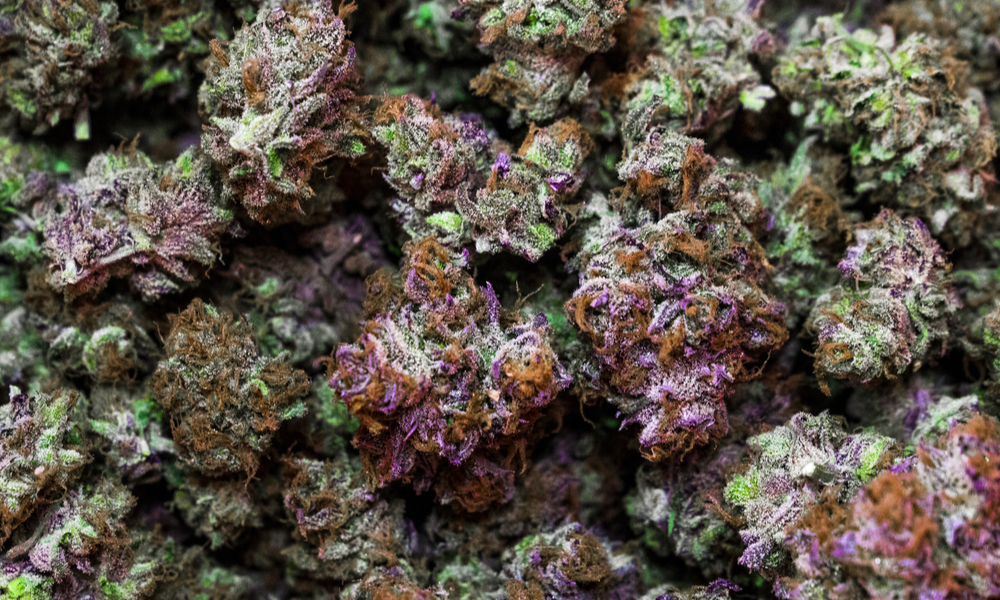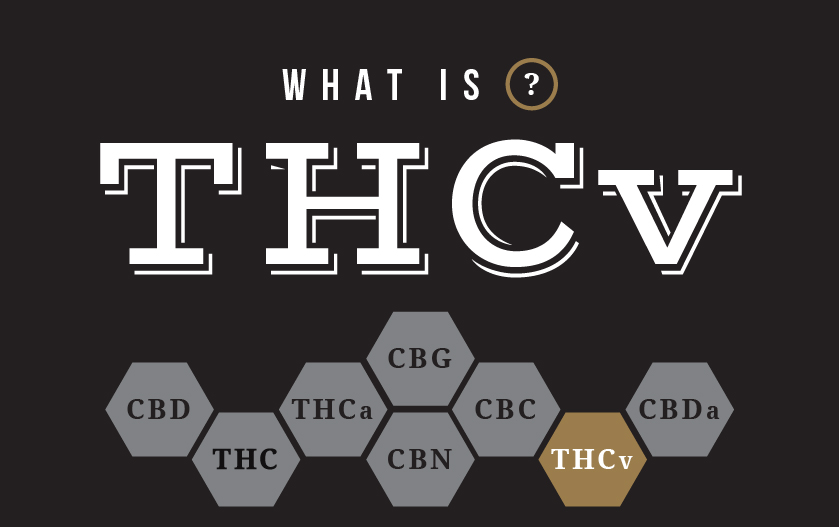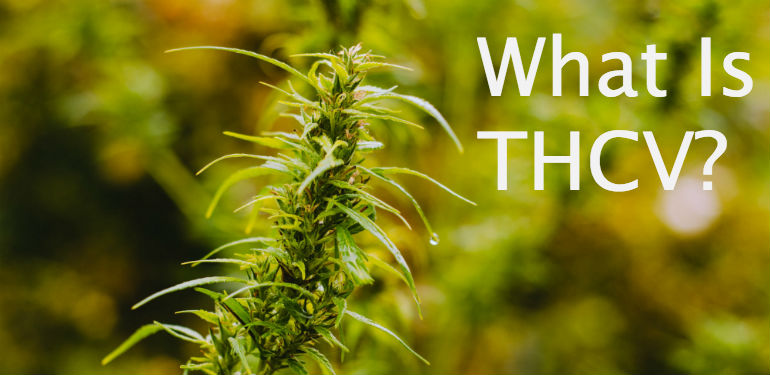Tetrahydrocannabivarin (THCV) is a cannabinoid compound found in cannabis and hemp plants. It's chemically similar to tetrahydrocannabinol (THC) however with some key distinctions. Here's whatever you need to understand about THCV including the dangers, benefits, differences, and similarities with other kinds of THC and more. What Is THCV? THCV is a less typical cannabinoid discovered in some strains of marijuana, specifically African sativa.
 What Is THCV (Tetrahydrocannabivarin) And What Does It Do?
What Is THCV (Tetrahydrocannabivarin) And What Does It Do?
 What is THCV? Understanding “Diet Weed” - Elevate Holistics
What is THCV? Understanding “Diet Weed” - Elevate Holistics
 What is THCV? Understanding “Diet Weed” - Elevate Holistics
What is THCV? Understanding “Diet Weed” - Elevate Holistics
THCV has a 3-carbon side chain rather than THC's 5-carbon side chain. This distinction is subtle, but it has a noticeable impact on the result profile. THCV is somewhat psychedelic but just about and about. What Does THCV Feel Like? THCV has a strong energy-boosting part to it, which makes it especially popular amongst students and athletes.
In the United States, THCV policy is nuanced. THCV is not an Arrange I Drug, however marijuana extracts are making it somewhat unclear what the federal position is on THCV. The 2018 Farm Bill specifies that hemp plants and all derivatives of the plants are legal on a federal level, many business comply with this law and still provide THCV to clients by just drawing out the compound from hemp plants.
If THCV is thought about a THC analog, it might be managed in the future by the very same guidelines as THC under the Federal Analog Act. This act states that any compound that shares a similar molecular profile as a known restricted compound it's consisted of in the exact same drug Arrange classification.
What Are the Impacts of THCV? Advocates of THCV report that it produces an intense burst of energy and makes them feel euphoric without the mental cloudiness triggered by THC. The impacts are extremely moderate compared to THC. The impacts are almost exclusively cognitive yet in some way have very little effect on headspace.
2. THCV & Appetite Some THCV users claim that it curbs their cravings. This is a typical impact of other focus-enhancing substances also. It's as though THCV eliminates the interruption of other physical procedures (like hunger) in order to maintain resources and attention to cognitive tasks rather. How Does THCV Work? Cannabinoids produce biological effects in the body by engaging with endocannabinoid receptors.
CB1 receptors are situated in the nerve system and communicate with neurotransmitters in the brain to produce mind-altering effects. Interaction with CB1 sites is what provides some cannabinoids like THC their psychoactivity. THCV is a bit challenging to understand due to the fact that it's mainly a CB1 villain, meaning it has the opposite result as THC.
While scientists are still looking for to understand this process, it appears THCV has the ability to block the impacts of CB1 in low doses and promote them in high doses. CB2 receptors are discovered primarily in the immune system. THCV is a partial agonist of CB2, but the impacts of this partial activity aren't well-known, and it seemingly has no noticeable influence on THCV users' experience.
As pointed out in the previous area, THCV is a CB1 antagonist in low doses which is the exact opposite effect of delta 8 and delta 9 THC. This could indicate that THCV neutralizes some of the psychedelic impacts of THC. This result might discuss why individuals who utilize THCV feel so clear-headed particularly compared to the notorious "fogginess" caused by delta 9 THC.